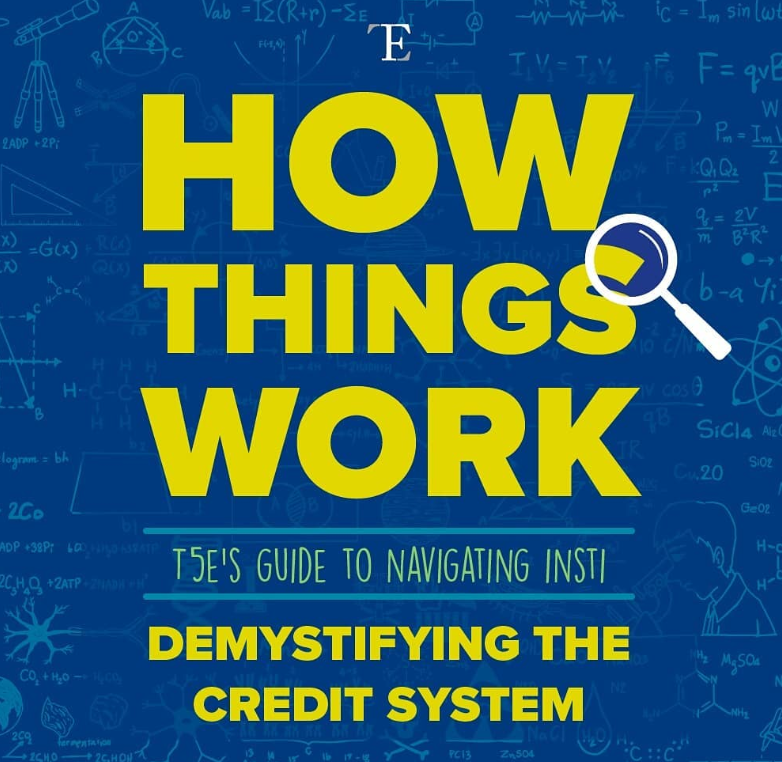
The first Colloquium of the year, held on August 12th at the Media Resource Center in the Central Library, saw a sensitive and relevant topic being discussed: Ending Sexual Violence. Moderated by a panel comprising of Dr. Nandita Dasgupta (EE), Prof. Preeti Aghalayam (CH), Prof. Sankara Subramanian (ED) and Ms. Veena Mani (PhD Scholar, HSS), and attended by over a hundred students, it sought to address the issue of sexual violence and gender equality.
As a prelude to the event, the Colloquium team conducted a Post-It campaign that served as a way to gauge opinions among the campus community on the issue. Students outside Himalaya and Vindhya were asked to write down their thoughts on curbing sexual violence. Most of the responses were in support of women – exhorting them to speak out and stand up for their rights. Other comments commonly asked for more stringent rules on the institute’s part and more “self-control” on part of students. Worryingly though, some respondents were of the opinion that the fault sometimes lies with the victim, for “wearing attractive clothes”, amongst other perceived triggers. In this light, the Colloquium seems to be a timely intervention to promote a more nuanced understanding of sexual harassment as a social issue.
While the Colloquium team had prepared a list of topics to be discussed at the event, the enthusiastic audience went with a more spontaneous approach, discussing topics that they felt were relevant.

The student body comprises of students from all over the country. It was felt that different societal perceptions of the dynamic between genders arising from a difference in backgrounds, as well as the culture shock of moving to insti and living here could prompt incidents of harassment. “Sometimes, the basis for a complaint could be a misunderstanding — if the boy is from a rural background and the girl from an urban one, they tend to misinterpret each other’s behaviour,” said Prof. Dasgupta on the issue.The tendency of a patriarchal society to objectify women was also considered. The idea of a compulsory course on gender sensitization was debated too: some saw it as providing a way of resolving such deeply inculcated perceptions, and others, such as Prof. Subramanian, argued that a course couldn’t really substitute for a paradigm shift in mindset that requires larger social change. That gender segregation was prevalent in the institute–be it among the audience for certain talks, the skewed rules in Schroeter or the barring of girls from boys’ hostels–was also seen by many as promoting narrow mindsets.
The disturbing trend of blaming the victims for any sexual harassment/violence they face, with comments such as “she was dressed provocatively” or “she was out late”, was discussed and met with unanimous disapproval. Regarding the control of crimes against women outside insti, many thought that serious offenders should face capital punishment for their crimes. It was also requested that the institute tackle sexual harassment with the same stringency as they do the issue of ragging. In relation to the issue of penal action and institute policy towards offenders, the issue of whether or not students should be given concession on the basis of lack of maturity and impacting their future was also brought up.

Another talking point was the casual way the word “rape” is thrown around on campus. Although considered to be a part of “insti lingo”, few students actually stop to consider whether anything they face during their days in insti compares to the pain and stigma a rape victim experiences. In using the word so freely, we trivialize it — a backward step at a time when society is trying to break free of the conservative mindset that engendered gender discrimination and sexual harassment in the first place. “Since when is rape winning?” asked Veena Mani, speaking about how students often spoke of “raping” an exam instead of doing well, or “getting raped” to indicate a bad experience.
The CCASH (Complaints Committee Against Sexual Harassment), a legally mandated committee within insti that deals with complaints of harassment, was also talked about. A dismal 24% of respondents to a T5E poll said they were aware of its existence, considering that it is one of the primary means of recourse for victims of harassment along with the Women’s Forum. (For more on the poll, IITM CCASH and Women’s Forum, take a look at the three-part series on sexual harassment published by T5E). This topic was also raised in a video that was shown during the event, where students of IITM were asked their opinions on questions relevant to the issue, bringing to light the varying perceptions that abound among the student body.
The panelists had pertinent and varied takes on the issue. Dr. DasGupta spoke at length on the practical issues involved in cases of sexual harassment, drawing on her experiences as the chairman of the CCASH. Ms. Veena talked about how misogyny is a part of insti culture, which was supported by first-hand accounts from the audience. Prof. Aghalayam pointed out that student response to awareness measures has generally been poor, with Dr. Dasgupta pointing out that students had equal responsibility to bring about a change. Prof. Subramanian cautioned against branding real, gender-neutral safety concerns as gender discrimination, and how there are limits to “teaching” gender equality.
Although other issues such as false complaints, drinking as aggravating misbehaviour, and misogyny in Schroeter were debated, the general consensus amongst audience and panelists alike was that changing the mindset of everyone inside insti is the first step towards ending sexual violence.
You can find The Colloquium on Facebook at https://www.facebook.com/thecolloquium.
Have an opinion? Leave them in the comments below.


